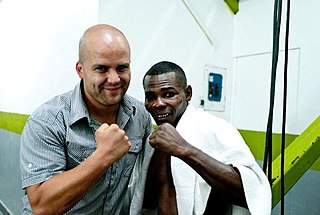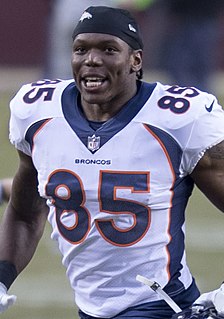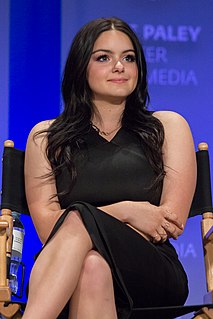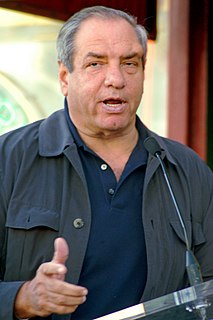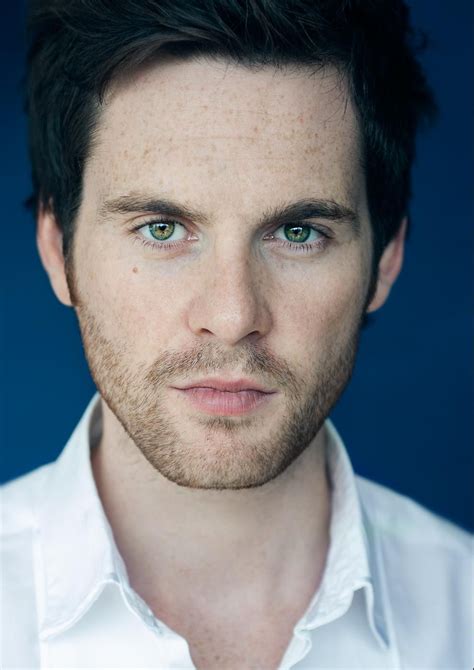A Quote by Jennine Capó Crucet
People really saw themselves in a big way in Elian Gonzalez's story.
Related Quotes
The reality here is, these are people that campaign for votes, and nobody wants to be associated with pictures that would certainly exist, even if they were fake, and they most likely would be. You know, can you imagine 150 pictures of that federal agent storming the home in Florida to kidnap Elian Gonzalez and send him back to Cuba?
I'm very conscious about the way I treat people because I was never really taught to treat people in a respectful or kind way. I never really saw that role model, so for me, that made me just want to be the opposite of what I had and treat people the opposite of the way I saw other people treat other people.
The way people are responding to [Moonlight movie] is something we never anticipated. We knew it was good but it is so diverse. The way people are reacting shows me that everyone sees themselves in it. That is groundbreaking. Similarly people come up some older people that it is not their story but are just crying in our arms after a screening. They know what it was like to be bullied or struggled with their own identity trying to figure out who they are. It has really caught people's imaginations.
I think that people have to have a story. When you tell a story, most people are not good storytellers because they think it's about them. You have to make your story, whatever story it is you're telling, their story. So you have to get good at telling a story so they can identify themselves in your story.
But when I say it isn't meant for anyone's eyes, I don't mean it in the sense of one of those novel manuscripts people keep in a drawer, insisting they don't care if anyone else ever reads it or not.The people I have known who do that, I am convinced, have no faith in themselves as writers and know, deep down, that the novel is flawed, that they don't know how to tell the story, or they don't understand what the story is, or they haven't really got a story to tell. The manuscript in the drawer is the story.

